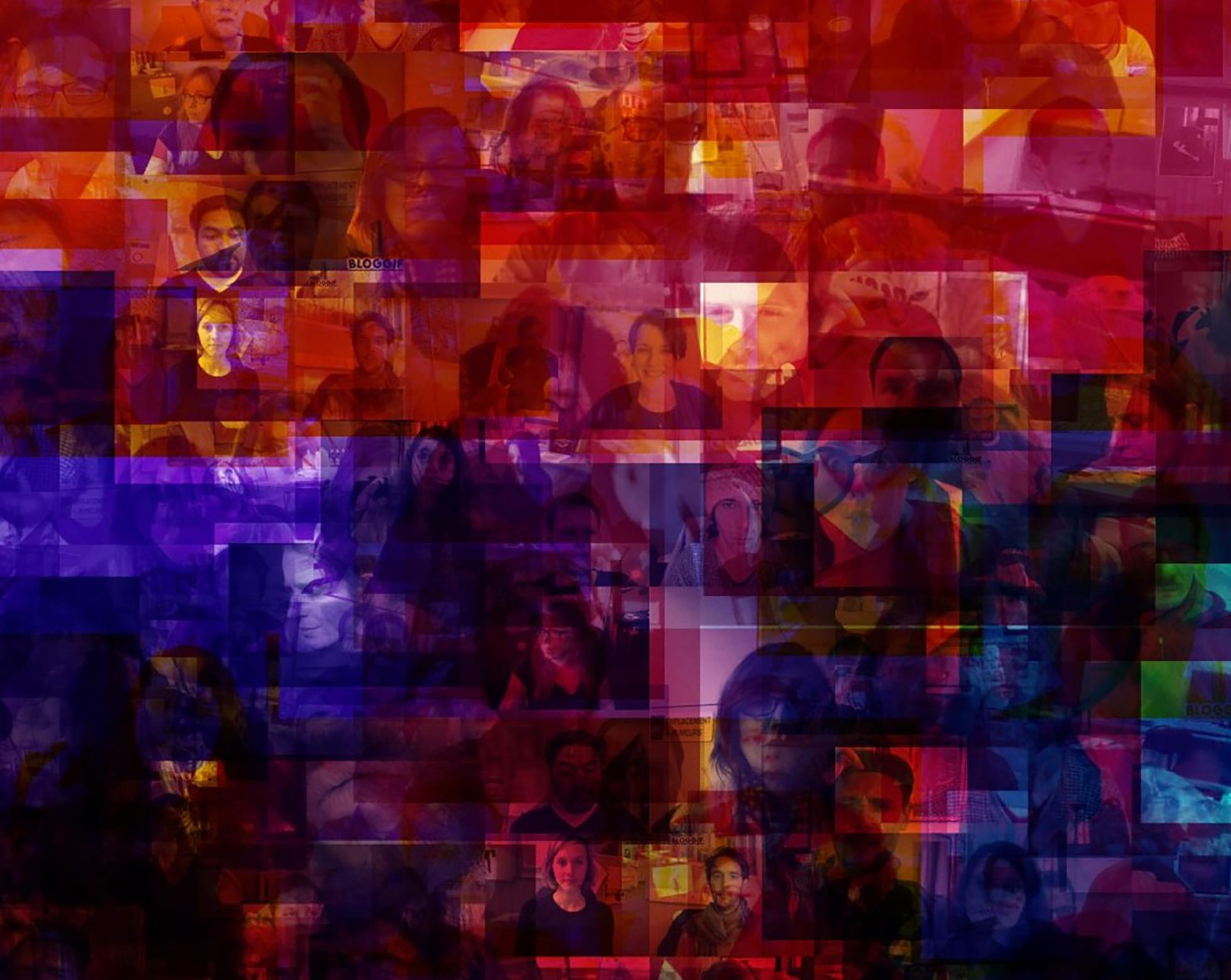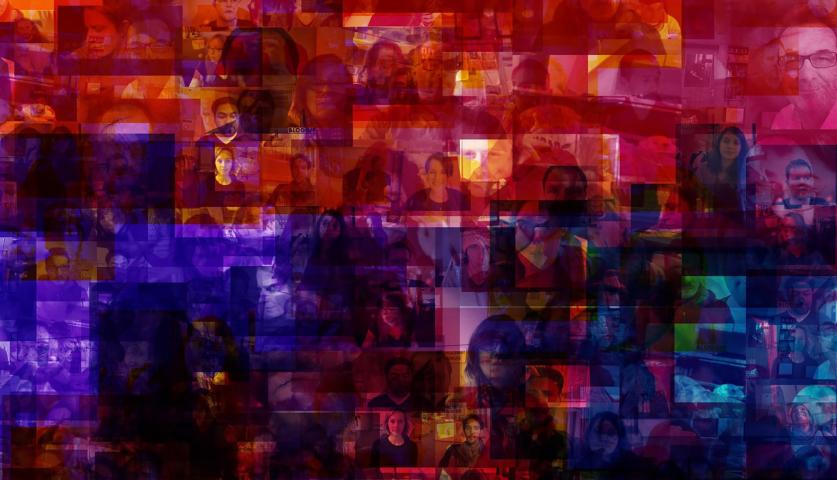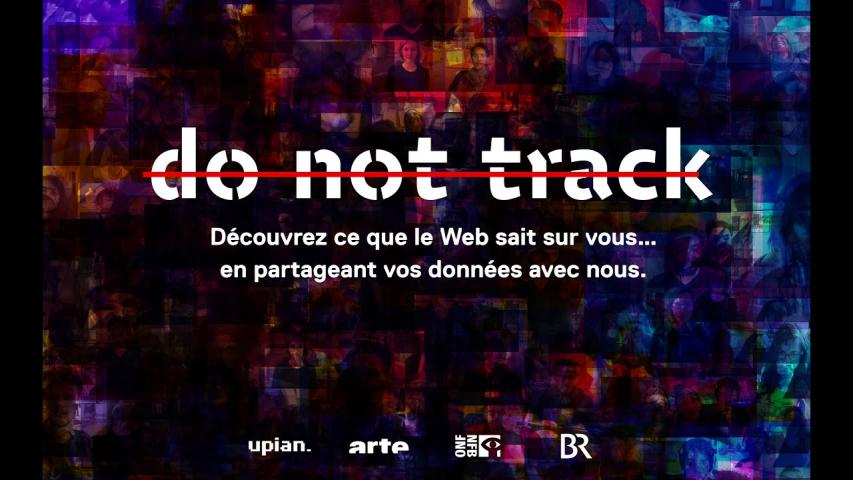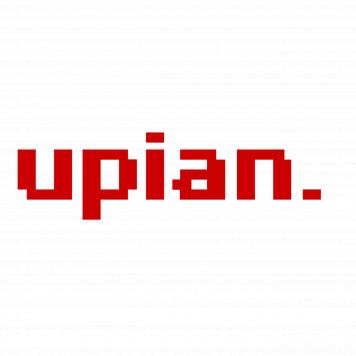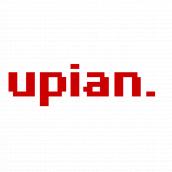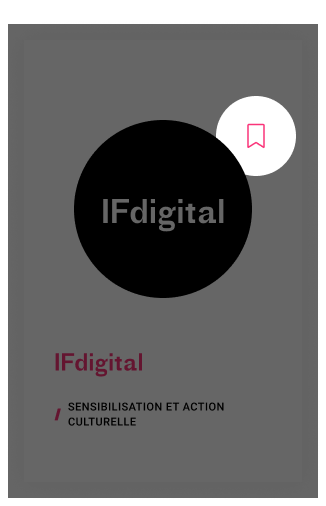What do mobile phones, social networks, personalized advertising, and big data all have in common? Find out using tracker methods and tools to track yourself while you watch.
Do Not Track
Find out more
In Do Not Track, you are the main character.
Do Not Track explores the different ways in which the modern Web records and tracks what we do, what we publish, and who we are. To help you understand how your information is used and collected… we ask you to share your data with us. Yes, your data. It may seem counterintuitive, but by playing along you’ll be able to better understand the implications of tracking – not only for you but for your friends and family. What’s the value hidden behind every one of your clicks? What happens without your knowledge and consent? Show some curiosity and regain control.
At a time when the big data question is on everyone’s lips, is Do Not Track an educational project? “It’s something else,” answers Upian producer Alexandre Brachet, who prefers discussing “social impact.” “This is beyond information. The message is far more than that: this content is useful to me and allows me to make concrete decisions in my daily life,” he says.
Do Not Track is an ambitious international co-production that was made in 3 languages, and whose message is carried by leading personalities in their respective territories and languages (Vincent Glad, Zineb Dryef, and Virginie Raisson in France, Richard Gutjahr in Germany, Brett Gaylor in English-speaking North America, Sandra Rodriguez in Québec). The goal of this production challenge is to marry the obvious international reach of the topic with the importance of an authentically local element.
A large part of the episodes use Web-sourced images, such as GIFs or localized content. This allows the creation of spontaneous films in which the content is dictated by the geographical location of the user.
Votre contact
Merci pour votre contribution.
Vous serez informés de sa publication ou d’une éventuelle demande de compléments.





